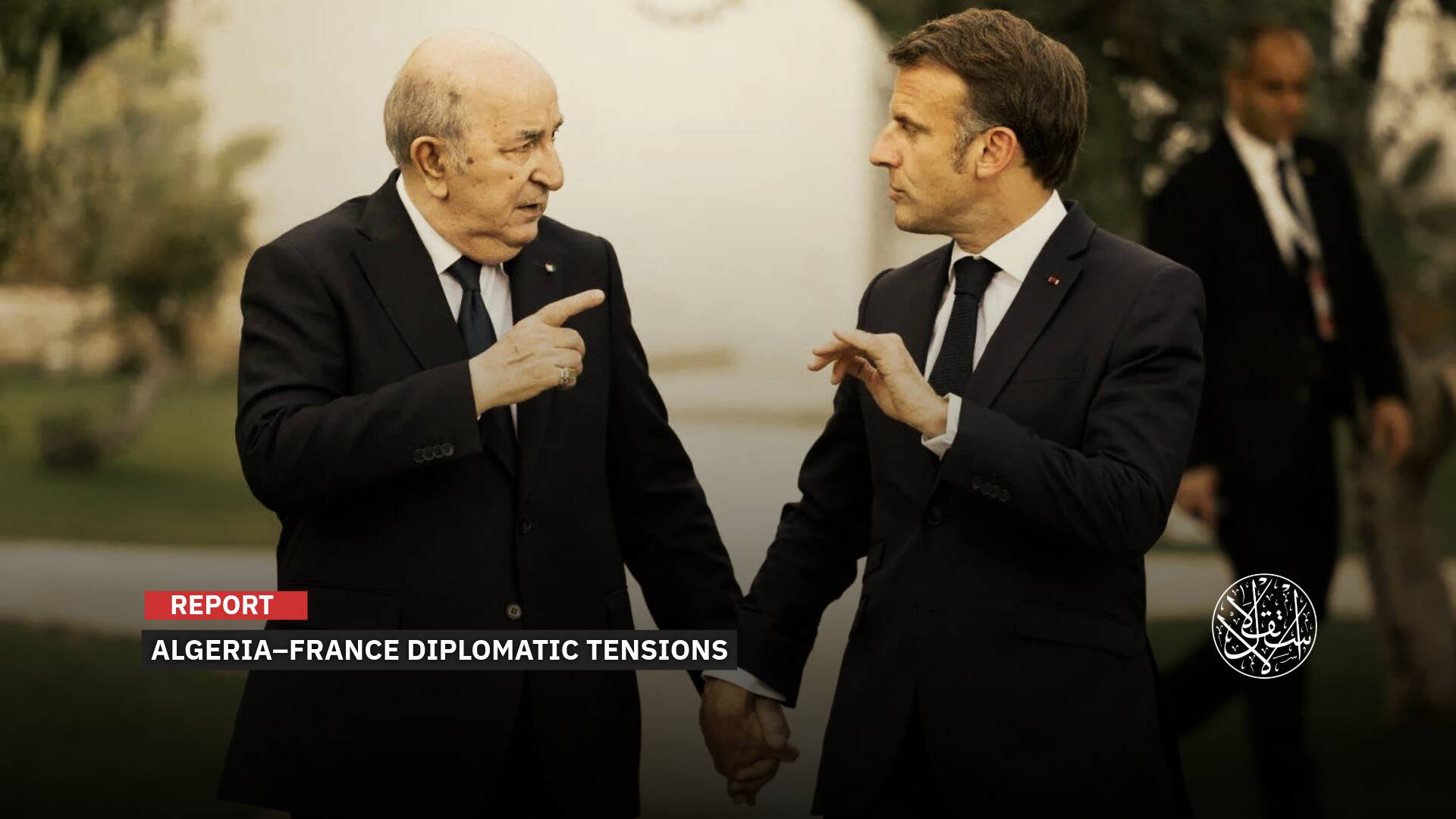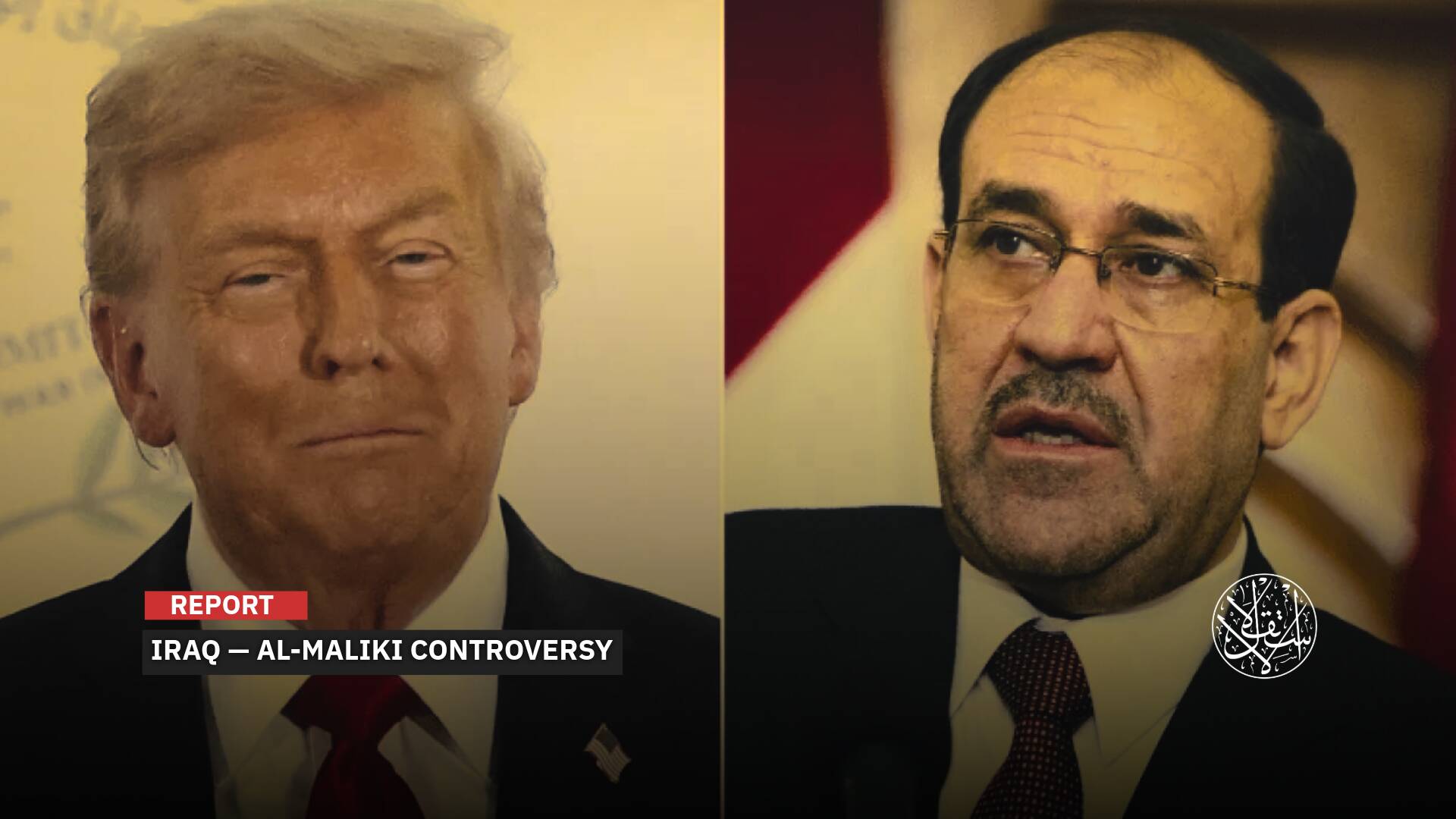From Incitement to Murder: How ‘Israel’ Targets Journalists in Gaza

Since the beginning of the aggression, journalists have become one of the most targeted groups.
The Zionist media incitement left deep scars on Palestinian journalist AbdalQader a-Sabbah, who had three Arab and international media outlets cancel their cooperation with him despite his coverage from northern Gaza, one of the most isolated and dangerous areas in the world today.
A-Sabbah is one of dozens of journalists “Israel” has linked to Hamas since the first day of Operation al-Aqsa Flood. “Israel” began attacking them, inciting against them, restricting their sources of income, and bombing their homes.
In the nine months that followed, Israeli forces took revenge on journalists, claiming that Hamas coordinated with them to cover the October 7, 2023, incursion into Israeli settlements around Gaza.
Journalists denied these allegations, asserting that the systematic targeting of them, their families, homes, and offices, and the restriction of their income sources aimed to prevent them from exposing Israeli crimes.
The most notable forms of retaliation against journalists involved official Israeli incitement, as well as attacks on them through Hebrew media and social media platforms. This backlash led to the termination of contracts with the channels and agencies they worked for.
Media Incitement
The latest example is photojournalist and director AbdalQader a-Sabbah, who consecutively had his cooperation terminated by the Associated Press, CNN, and Saudi Arabia’s al-Arabiya channel.
This came after Honest Reporting, the Zionist organization for monitoring the media and promoting the Israeli narrative, linked a-Sabbah to Hamas in July 2024 by digging into his old posts and questioning his materials.
They based this on a photo previously taken by a-Sabbah with Hamas leader Mahmoud al-Zahar, his completion of a project shared by the Gaza Ministry of Interior, and the journalist's description of resistance fighters as heroes.
“This organization used old photos of me to convey the idea that I am affiliated with a particular group, accusing me of spreading lies through foreign media,” a-Sabbah told Al-Estiklal.
“Just one day after the organization published its report, CNN decided to stop collaborating with me. Four days later, al-Arabiya took the same action, claiming they had many employees from Gaza, even though I am one of the few covering the northern and city areas of Gaza.”
Before this, a-Sabbah had been providing journalistic material to the Associated Press since the beginning of the aggression until early December 2023, only to be stopped due to the early Israeli incitement on social media.
“I work in photography and directing, so it’s natural for me to take photos with the personalities I meet, and I see no issue in praising the resistance,” he said.
“Israeli journalists glorify the army that kills and destroys and go on tours with them inside Gaza, yet no one from the foreign media targets them.”
He denied many of the false allegations published by the Zionist organization, which claimed he was a government employee, pointing out that there is a U.S.-Israeli agreement to exclude any journalist who wants to convey the truth about Israeli crimes in Gaza.
He hinted at deliberate retaliation, noting that his apartment in northern Gaza was specifically targeted “in an area that did not experience random targeting.”
His family’s home, where they took refuge later, was also bombed, resulting in injuries to his wife and two children, and the death and injury of several family members.
He explained that he had to stay away from his family out of fear of deliberate targeting that could endanger them all, “especially since there are fewer than ten journalists covering northern Gaza.”
As part of the Israeli media incitement, the Jerusalem Post accused CNN on July 2, stating that the Honest Reporting report casts doubts on the network's journalistic integrity and its ties to the Hamas terrorist movement.
According to their claims, the report also raises concerns about the journalistic standards and vetting practices of the network’s correspondents, as well as the content of the stories the media outlet publishes.
However, Honest Reporting said CNN responded by stopping collaboration with AbdalQader a-Sabbah. A spokesperson was quoted saying the network was not aware of this person’s past social media posts, which are highly offensive, and in light of that, CNN will not be using his material anymore.
This incitement was not new from the same organization. They also caused the dismissal of photojournalist Hosam Salem from The New York Times after years of covering the situation in Gaza under fire.
"I started working for the newspaper with the launch of the Great March of Return at the beginning of 2018 and covered the aggression on Gaza with them in May 2021,” Salem told Al-Estiklal.

The same organization prepared a report on Salem on August 24, 2022, labeling him as anti-Semitic based on Facebook posts where he praised resistance operations and the resilience of the Palestinian people.
Just two days later, the organization announced that Salem and several photographers were suspended, “even before The New York Times informed me days later that they were ending their association with me due to my alleged anti-Semitism."
The same organization's incitement also led to the revocation of the "Courage in Journalism Award" presented by the International Women's Media Foundation (IWMF) in Washington to Palestinian journalist and human rights advocate Maha Hussaini.
The award was withdrawn from Hussaini in June 2024, approximately 10 days after it was granted, in recognition of her reports for the Middle East Eye on the war in Gaza.
After she won the award, the Israeli Occupation supporters, led by Honest Reporting, mobilized to dig up her old tweets and posts, accusing her of being affiliated with Hamas and anti-Semitism.
Deliberate Targeting
In addition to media incitement, journalists have been among the most targeted groups since the beginning of the Israeli aggression on Gaza on October 7, 2023, with dozens killed along with their families, and others injured or arrested.
By July 13, 2024, the number of journalist martyrs had risen to 159 since the start of the aggression, according to the Government Media Office in Gaza.
The Committee to Protect Journalists (CPJ), a New York-based nonprofit organization, states that the majority of journalist casualties in Gaza since the beginning of the war were killed while performing their work.
Journalists in Gaza have shouldered the critical task of informing the world about the unfolding events, all while enduring personal losses and tragedies amid the conflict.
Journalists in Gaza face particularly high risks while trying to cover the aggression, including devastating Israeli airstrikes, communication blackouts, power outages, and supply shortages.
Their task of gathering news has become more difficult due to communication disruptions in Gaza, where phone lines and internet connections have been periodically cut throughout the war.
In addition to killing journalists and their families and bombing their homes, the Israeli Occupation has destroyed the offices of Agence France-Presse, al-Ayyam newspaper, Gaza Radio, Shehab and Ma'an news agencies, and Press TV and al-Alam News Network, either completely or partially.

These deadly losses are accompanied by harassment, arrests, and other obstacles to journalistic coverage in Gaza.
Since October 7, “Israel” has attempted to control the global narrative with a massive amount of disinformation aimed at dehumanizing Palestinians and justifying its crimes against them in the Gaza Strip.
Due to the collapse of the credibility of this narrative, Palestinian journalists estimate that the Israeli Occupation resorts to an alternative strategy of targeting them and restricting their work to expose its crimes.
The targeting of journalists by Israeli Occupation forces occurs despite their immunity under international laws and their efforts to convey war crimes and genocidal attacks in Gaza to the world.
The Israeli forces have continued to target civilians and journalists along with their families in the Gaza Strip since October 7, even though the deliberate targeting of journalists and civilians constitutes a war crime under international humanitarian law.
Reporters Without Borders has confirmed in its investigations that Israeli forces deliberately target journalists, despite their clear identification with "PRESS" markings on their clothing.
Freedom of the press advocates have condemned the fact that journalists, even when clearly marked as such, are among the victims in Gaza.
Some data points to deliberate targeting by the Israeli Occupation. For instance, Al-Jazeera journalist Anas al-Sharif refused to leave northern Gaza when forced displacement waves to the south began due to widespread shelling.
The Israeli military had requested since the beginning of the ground incursion that Palestinians move to the south of Wadi Gaza, simultaneously launching attacks by land, sea, and air on northern areas.
Journalist Anas al-Sharif revealed that he received threats from Israeli officers to cease his coverage of the Israeli war on the Strip, affirming that he would not comply and would continue his journalistic coverage.
During the aggression, Hebrew media incited against journalists and activists, including journalist Hassan Aslih and activist Saleh al-Jaafrawi, due to their efforts to expose the Israeli Occupation's crimes.
On November 9, Danny Danon, Israeli former representative to the United Nations and current Knesset member, tweeted on X, “Israel's internal security agency announced that they will eliminate all participants of the October 7 massacre. The ‘photojournalists’ who took part in recording the assault will be added to that list.”
This demonstrates a premeditated official Israeli intent to eliminate journalists, as evidenced during the aggression when their press tent at al-Shifa Hospital was bombed.









